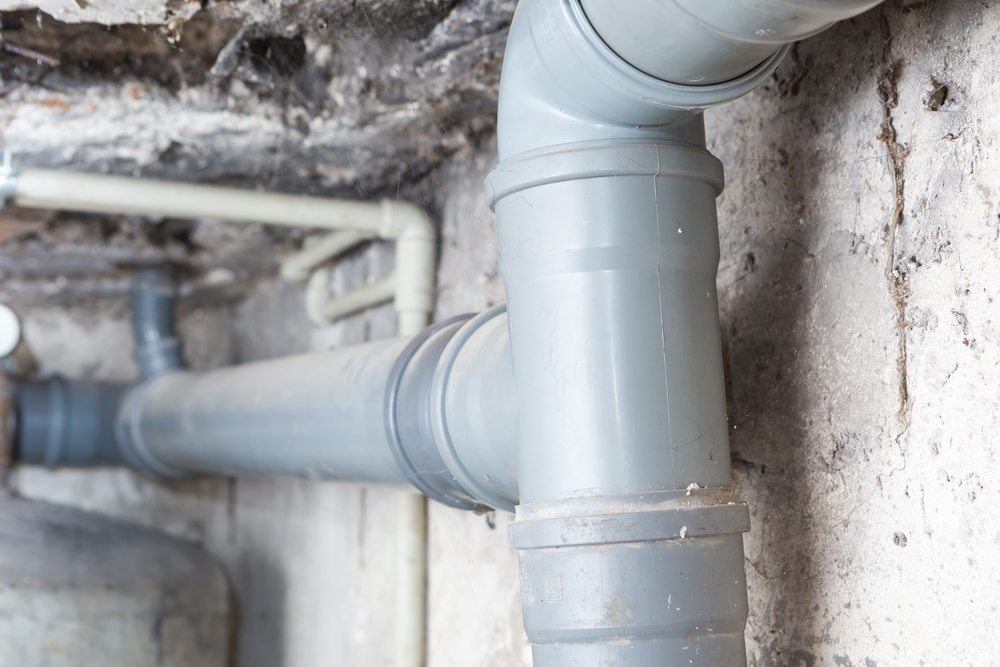
Miami, known for its vibrant culture and stunning beaches, is no stranger to emergencies, including sewage spills. When disaster strikes and your home or business is affected by sewage backup or contamination, knowing what steps to take is crucial. In this guide, we’ll walk you through the process of emergency sewage cleanup in Miami, offering practical tips and essential information to help you navigate the aftermath with confidence.
Understanding the Risks of Sewage Cleanup in Miami:
Sewage cleanup in Miami presents unique challenges and risks. Sewage water contains harmful bacteria, viruses, and other pathogens that can pose serious health hazards if not handled properly. Exposure to sewage-contaminated water can lead to infections, respiratory issues, and other health problems. Additionally, sewage backup can cause extensive damage to property and belongings if not addressed promptly and effectively.
Immediate Actions:
In the event of a sewage spill or backup in your Miami property, it’s essential to take immediate action to minimize damage and protect your health:
1. Ensure Safety:
First and foremost, prioritize your safety and the safety of others. Avoid direct contact with sewage-contaminated water, as it can contain harmful pathogens. If the sewage backup is extensive or poses a significant risk, evacuate the premises and contact emergency services.
2. Turn Off Utilities:
If it’s safe to do so, turn off the electricity and gas supply to prevent electrical hazards and potential fires. Avoid using electrical appliances or equipment in areas affected by sewage backup until they have been inspected and deemed safe by a professional.
3. Protect Yourself:
Wear protective gear, including gloves, rubber boots, and a face mask, when entering areas contaminated by sewage water. Minimize skin contact and avoid inhaling fumes or airborne particles to reduce the risk of exposure to harmful pathogens.
4. Document Damage:
Take photos or videos of the sewage damage for insurance purposes. Document the extent of the damage to your property, including affected areas, belongings, and any visible signs of contamination.
Hiring Sewage Cleanup Services in Miami:
Emergency sewage cleanup in Miami often requires the expertise of trained professionals who specialize in water damage restoration and sewage cleanup. Here’s what to expect when hiring a professional sewage cleanup company:
1. Assessment:
Upon arrival, the sewage cleanup team will assess the extent of the damage and determine the best course of action for cleanup and restoration.
2. Containment:
The first step in sewage cleanup is containing the contaminated area to prevent further spread of sewage water and pathogens. Technicians may use barriers and containment measures to isolate the affected area.
3. Extraction:
Using specialized equipment, such as pumps and extractors, the cleanup team will remove standing water and sewage from your property. Thorough extraction is essential for preventing secondary damage and microbial growth.
4. Cleaning and Disinfection:
Once the sewage water has been extracted, the cleanup crew will thoroughly clean and disinfect all affected surfaces, including floors, walls, and belongings. They will use EPA-approved disinfectants to kill harmful bacteria and pathogens.
5. Drying and Dehumidification:
After cleaning, the drying process begins to remove excess moisture from the air and structural materials. Industrial-grade dehumidifiers and air movers are used to speed up the drying process and prevent mold growth.
6. Restoration:
The final step in sewage cleanup is restoring your property to its pre-loss condition. This may involve repairing or replacing damaged materials, such as flooring, drywall, and furnishings.
Preventing Future Incidents:
While sewage emergencies can be unpredictable, there are steps you can take to minimize the risk of future incidents:
1. Regular Maintenance:
Schedule regular inspections and maintenance for your plumbing system, including sewer lines, drains, and septic tanks. Address any issues promptly to prevent sewage backups and leaks.
2. Install Backflow Preventers:
Consider installing backflow prevention devices to protect your property from sewage backups caused by sewer system overflows or blockages.
3. Dispose of Waste Properly:
Avoid flushing non-biodegradable items, grease, and other substances down the drain, as they can contribute to clogs and sewage backups.
4. Educate Residents:
Educate household members or employees about proper sewage disposal practices and the importance of reporting any signs of sewage problems promptly.
Emergency sewage cleanup in Miami requires swift action and the expertise of trained professionals to mitigate damage and restore your property safely. By following the steps outlined in this guide and enlisting the help of a reputable sewage cleanup company, you can navigate the aftermath of a sewage emergency with confidence and ensure the health and safety of your family or occupants. Remember to prioritize safety, document damage for insurance purposes, and take proactive measures to prevent future incidents. With the right approach, you can overcome the challenges of sewage cleanup and restore your property to its former glory.
Call us on +1 305 894-4343 for professional sewage cleanup services in Miami, Coral Gables, Doral. Kendall, Pinecrest, and other parts of South Florida.
